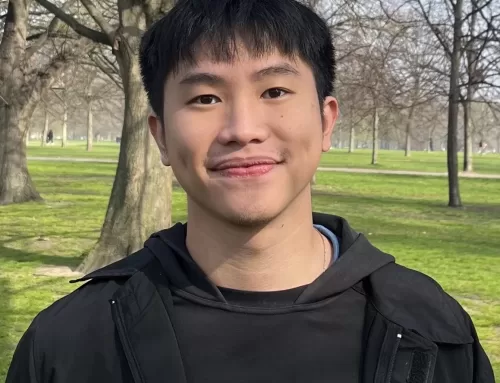
“Nice weak signals, you got there. Would be a shame if they were to become public.”
In the popular movie ‘Shrek’, the main character wishes to pick someone to assist him on a quest to save a princess. To his dismay, the only one willing to help him on this quest is a donkey that persistently shouts, “Pick me! Pick me!” In my humble opinion, no other group on the planet was more prepared to forecast a major pandemic than futurists. We planned for bad news well in advance. We also have a cupboard full of other scenarios that are just as dystopic.
So, when the news breaks that a scenario that we have forecast for years if not decades becomes real, we have the talking points, action plans, and scores of descriptors to describe the coming near-future. We are positive that transformational change is coming and already you can catch articles and news stories about how these changes will impact business, culture, technology, education, etc., as we head into our future.
In William Shakespeare’s play, The Tempest, he quotes: “Misery acquaints a man with strange bedfellows.” Governments and businesses have dropped their adversarial roles, changing their primary business functions to generate supplies for medical personnel and consumers. We’ll ignore the profit motive for the time being and marvel at the speed and coordinated actions that these ‘bedfellows’ are in the midst of ramping up.
As we walk from the First Horizon and look towards the Third Horizon, I want to point out two big bricks in our path:
The Path of Least Resistance
The first is the part of human nature that follows the path of least resistance. Although big picture thinkers will focus on the trends and the potential for change, a large part of these disruptors will simply fall flat.
Dr. Hakim Djaballah, CEO, Institute Pasteur – Korea, is an eminent scientific leader in various therapeutic areas, including antibacterials, antivirals, antifungals, diabetes, CNS, cardiovascular, oncology & inflammation. In a recent interview [https://www.youtube.com/watch?v=LVBc7-Te_yA ], Dr. Djaballah has seen and studied these issues before.
The issue erupts, governments react by allocating monies to drug companies, the issue goes away, and then nothing substantive happens. Dr. Djaballah pointed out that we still don’t have a vaccine for SARS-V1 which occurred 20 years ago.
Empirically, in reviewing your own collapse scenarios, look around the world at many potential calamities and you’ll find an almost universal lack of preparation – earthquakes in Tokyo, Japan or San Francisco, California; Tsunami preparations in Thailand and Malaysia, hurricanes in Houston, Texas or New Orleans, Louisiana.
This ‘cultural inertia’© drags on the present which impacts future trends. Therefore, when we stretch the limits beyond the plausible, this factor should weigh heavily on our conclusions and suppositions.
In an opinion piece written for USA Today, author Glenn Reynolds critiques what passes as “experts” in today’s society. Quoting Nassim Taleb: “With psychology papers replicating less than 40%, dietary advice reversing after 30 years of fatphobia, macroeconomic analysis working worse than astrology, the appointment of Bernanke who was less than clueless of the risks, and pharmaceutical trials replicating at best only 1/3 of the time, people are perfectly entitled to rely on their own ancestral instinct and listen to their grandmothers.”
Further, in a recent article written by Derek Hunter entitled, “We’re Paying The Price For The Death Of Journalism”: “The death of journalism has left Americans with nowhere to turn to for reliable, honest reporting. All of these outlets could and should have only experts on to talk about coronavirus. What someone on the payroll with zero background in medicine thinks about this situation might be good for ratings, but it’s not journalism. And people tune in to news networks expecting to get news, especially in times like this”.
It’s my position that these events will alter those methods that foresight professionals utilize to gather weak signals within the environment and could potentially lead us to wildly incorrect assumptions. Beginning researchers are aware of primary and secondary resources with government entities – usually – considered primary. Therefore, if organizations like the CDC and WHO generate questionable data or interpretations that are politically skewed towards any country or political party, the underlying weak signals will influence our own data and analyses.
These issues that I mention are not shocking revelations and any good researcher would account for bias. What is significant is the sheer breadth and amount of information that is questionable. When we search for those weak signals that indicate potential futures, we must remind ourselves that, ‘past reliability [of our source materials] is no guarantee of future results’. In fact, these source changes could be a weak signal for how futurists gather and interpret data.
Rather than rely on what were considered primary sources in our present may lead us to consider a broader spectrum of information, presented in forms that we thought questionable. So when scanning for hits that would potentially lead to a different future, take a second look at the scan that screams, “Pick me! Pick me!” — Tim Murphy




